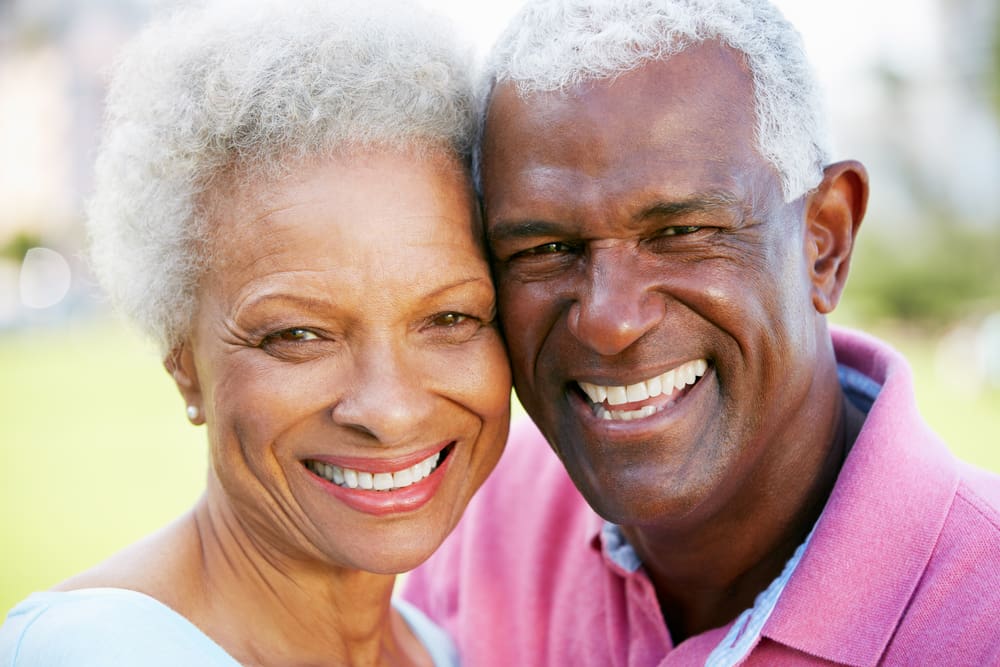Gray hair is a natural part of the aging process, but the timing and extent to which it occurs can vary significantly among individuals. While some may embrace their silver strands as a sign of wisdom and experience, others may wonder why they are graying earlier than their peers. Interestingly, there are notable gender differences in the onset and progression of gray hair. Men and women often experience graying at different stages of life, with varying degrees of impact.
Understanding the factors that contribute to this phenomenon can provide insights into the complexities of hair biology and aging. In this article, we will delve into the genetic, hormonal and environmental factors that influence the development of gray hair in men and women. By unraveling these intricacies, we can gain a deeper appreciation for the natural processes that shape our appearance as we age.
Genetic influence of gray hair
One of the primary factors determining when a person’s hair turns gray is genetics. Research suggests that the genes responsible for hair color are different between men and women. For example, a study published in the Journal of Investigative Dermatology found that the gene responsible for gray hair in men is different from the gene in women. This could explain why men and women often experience gray hair at different ages.
Hormonal factors
Hormones also play a role in the development of gray hair. In women, hormonal changes during menopause can lead to the premature graying of hair. Estrogen, which decreases during menopause, plays a role in protecting hair follicles from oxidative stress, which can lead to graying. Men, on the other hand, may experience a gradual decline in testosterone levels as they age, which can also contribute to the development of gray hair.
Stress and lifestyle
Stress is another factor that can contribute to the development of gray hair. Research has shown that stress can accelerate the graying process by increasing the production of free radicals, which can damage hair follicles. Additionally, lifestyle factors such as smoking and poor diet can also play a role in premature graying.
Hair care practices
Hair care practices can also affect the development of gray hair. For example, frequent use of harsh chemicals or heat styling tools can damage the hair follicles and lead to premature graying. Additionally, inadequate nutrition can also impact the health of the hair, making it more prone to graying.
Prevention and treatment
While there is no way to completely prevent gray hair, there are steps that can be taken to slow down the process. Eating a healthy diet rich in vitamins and minerals, reducing stress levels and avoiding harsh chemicals can all help maintain the health of the hair and delay the onset of gray hair.
The development of gray hair is a natural part of the aging process, yet the timing and progression can vary based on gender and individual factors. While genetics largely determine when hair begins to gray, hormonal changes, stress and lifestyle choices can also play significant roles. Women may experience premature graying due to hormonal shifts during menopause, while men may undergo similar changes with declining testosterone levels.
Stress — both physical and emotional — can expedite the graying process by increasing oxidative stress on hair follicles. Lifestyle choices, such as smoking and poor nutrition, can also impact hair health and contribute to premature graying. By understanding these factors, individuals can make informed choices to delay the onset of gray hair.
Maintaining a healthy lifestyle, managing stress effectively and using gentle hair care practices can help preserve hair health and delay graying. Embracing gray hair as a natural part of the aging process can also promote self-acceptance and confidence. Overall, while gray hair is inevitable, understanding its causes and adopting healthy habits can help individuals maintain vibrant, healthy hair as they age.
This story was created using AI technology.














